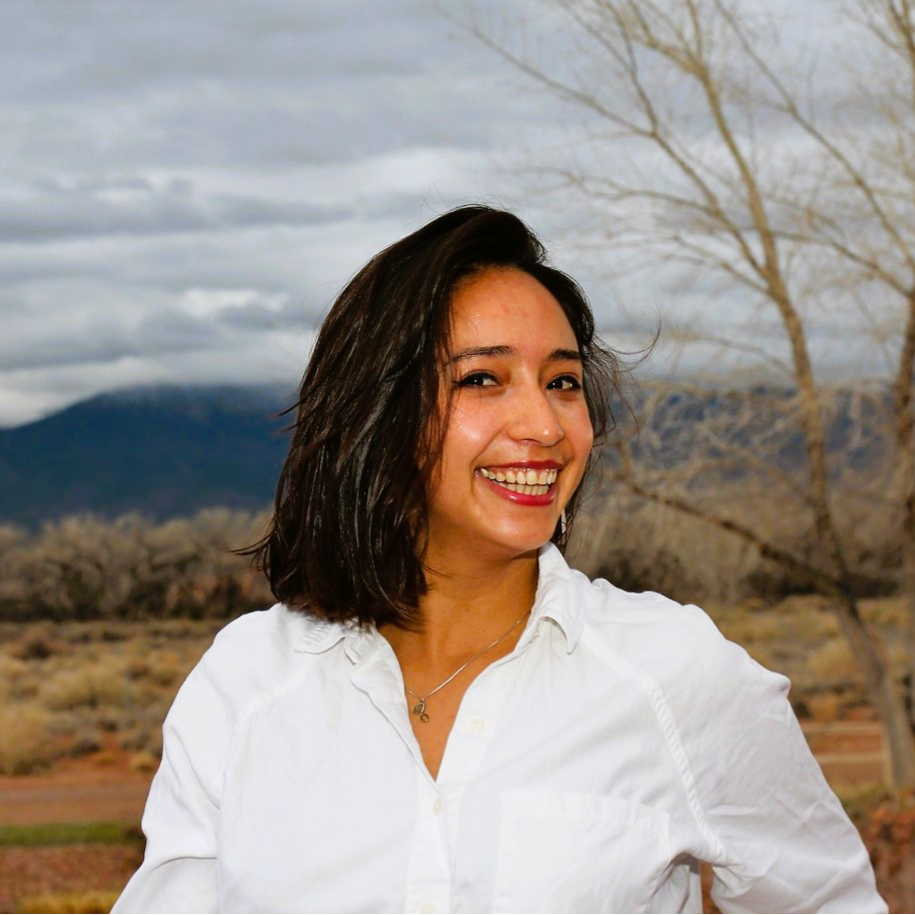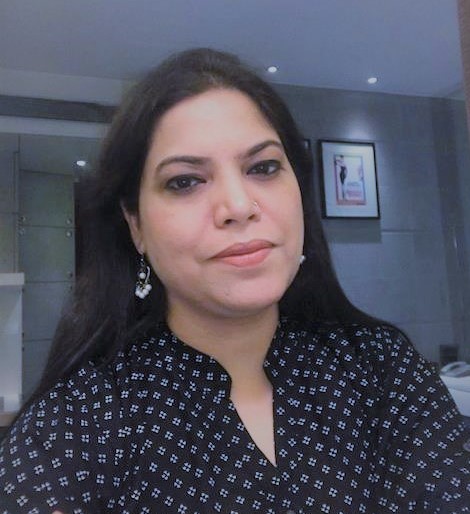| Image | Name and Profile | Curriculum Vitae |
|---|---|---|
 | Iblin Edelweiss Murillo LafuenteDegrees Earned:
Dissertation Title: Las FemiDiskas: Anti-ableist feminist resistance Abstract: My dissertation and book manuscript, Las FemiDiskas: Anti-ableist feminist resistance, intervenes in scholarly discussions of disability, gender, violence, and artivism. The research engages with feminist activists with disabilities and their practices to resist the violence experienced in the search for legal justice to ask: How is ableist violence reproduced in Bolivian legal justice? How do women organize to resist? First, I argue that women with disabilities experience an invisible type of violence that is entrenched in the legal system. Second, I demonstrate that women with disabilities resist this type of violence by organizing collectively by following a feminist praxis. Third, and finally, this project attends to care and repair the legacy of patriarchal violence as an inevitable part of ableism. This manuscript also explores how women have organized as part of the feminist social movement in the country to denounce and make ableist violence a visible and recognized phenomenon that affects people with disabilities. With support from the Rothman Doctoral Fellowship in the Humanities and the University of Florida Center for Latin American Studies Field Research Grant, I conducted three years of ethnographic research online and in-person in La Paz and Sucre cities in Bolivia. My fieldwork moved across activist meetings, police stations, legal courts, and artistic encounters. I also analyzed more than 30 interviews with women with disabilities reporting cases of violence, psychologists, social workers, and police officers employed to attend these types of cases. Importantly, I draw on various Participatory Action Research projects developed with the activists from Las FemiDiskas, a social movement organization comprised of 15 women with disabilities and allies. These projects, including an art contest that focuses on art centering disability, establishing an observatory of ableist violence reported in news media outlets, and creating a logo representing the anti-ableist feminist organization, have been instrumental in shaping my research. My work has contributed to discussions on transnational studies by providing a Global South focus on the experiences of women with disabilities. My research addresses a significant geographical gap in current scholarship, highlighting diverse transnational practices to combat ableism and sexism. My research also contributes to scholarship on social movements and activism, as well as to feminist theory and disability studies by focusing on women with disabilities. It highlights the intersection of ableism and sexism, enriching feminist theory with a nuanced understanding of how multiple forms of oppression intersect. It challenges the mainstream feminist movement to be more inclusive and representative. At the same time, it advocates for the visibility of the experiences of women with disabilities from Bolivia in both academic scholarship and public policy. Finally, by applying and expanding Cecilia Menjivar’s multi-sided violence framework to include disability, my research offers new analytical tools for disability studies scholars. My work bridges multiple disciplines, introduces underexplored perspectives, and calls for actionable change, enriching academic discourse and promoting a more inclusive and just society. | CV (PDF) |
 | Unna YaredDegrees Earned:
Dissertation Title: “Being Arab is an Act of Resistance”: How Arab American Women Generate Agency over Their Identity in Unsettled Times Abstract: Though classified by the United States census as white, Arab Americans are often racialized as non-white through political events, religious practices, and other everyday experiences that may contribute to a sense of contested identity. Arab American women are uniquely situated at the intersection of race, religion, and gender, navigating how those perceived identities impact the evaluation of their bodies in a US racial landscape and how they respond to that perception in creative ways that exercise agency; as well, women are often regarded as the forerunners of cultural resilience, positioning Arab American women in salient standpoints. Feminist standpoint epistemologies help scholars conceptualize the role of racialization and cultural expression, especially in unsettled times. A focus on women offers a vantage point for understanding how long-standing inequalities grounded in intersecting oppressions encourage agency expressed as group solidarity via coalition building with organizations as well as through intergenerational cultural transmission – for example, sharing family possessions and stories. I engaged in several months of fieldwork at an Arab cultural center in Atlanta, Georgia, and 32 interviews with Arab American women. Using Constructivist Grounded Theory analysis, I find that an unsettled political context heightened after October 7th, 2023, racializes Arab American women in increasingly negative ways that impact their perceptions of identity and expression of Arab culture. Basing generative processes on these experiences, Arab American women's agency related to changing how the group is racialized is expressed in three major ways: (1) resisting social change, (2) reinforcing social change, and (3) revolutionizing social change. These findings provide a timely, essential perspective on how Arab American women respond to US racial landscapes in unsettled times with varying standpoints confronting that racial identity. | CV (PDF) |
 | Bhavna SharmaDegrees Earned:
| CV (PDF) |